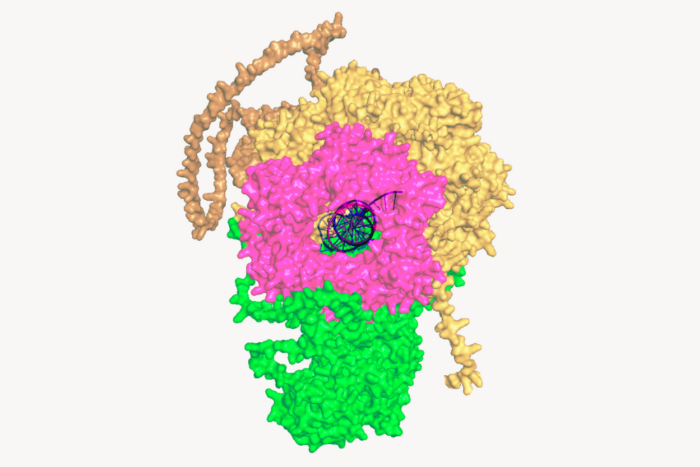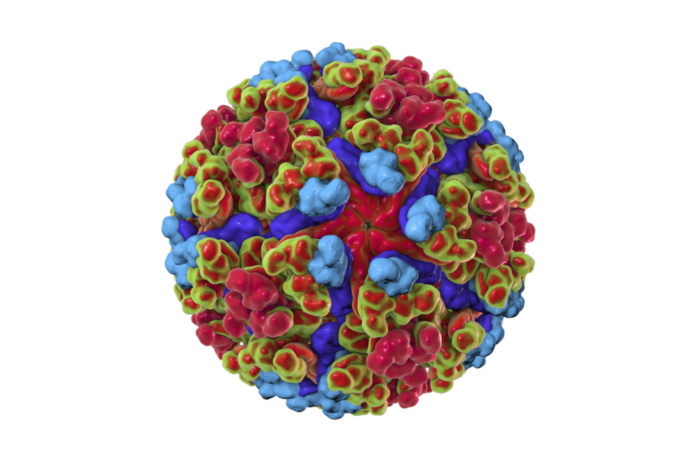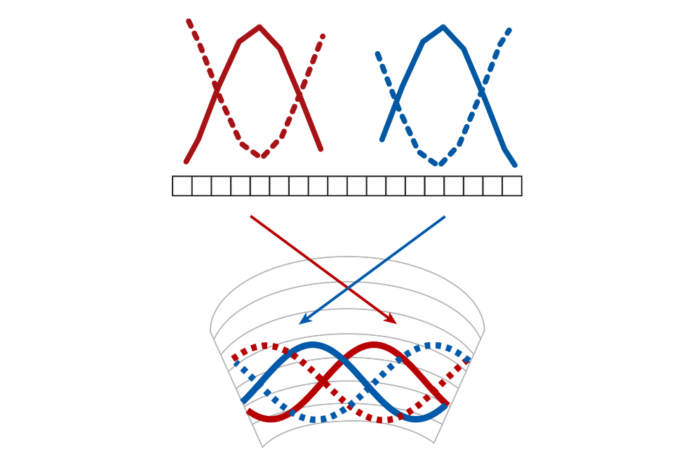Help our archivists keep Rockefeller's science legacy alive
by Katie Fenz, media relations manager

Photographs, correspondence, and other documents fill the vaults at the archive center. These records are invaluable to historians in understanding scientific achievements of the past.
The scene at Rockefeller in the early 20th century was bustling with activity. There was Simon Flexner, developing an efficient way to treat meningitis; René Dubos, identifying properties of the first antibiotics; and Peyton Rous, testing his new idea that cancer could be caused by a virus. One hundred years from now, what will people remember about Rockefeller University in 2016?
While libraries hold published manuscripts and other items intentionally written to convey a specific message, archival records provide historians with the pieces in between. Lab meetings, seminars, and collaborations tend to power scientific breakthroughs, but they are often not formally recorded or preserved.
To future generations, access to how experiments in the lab develop and to the process involved in deciding which hypotheses to pursue is invaluable to understanding the complete story. That’s why The Rockefeller Archive Center, the official repository of the university, is working to preserve as many clues to our modern science history as possible—and they need help from the whole community to make it happen.
A link to the past
Located just north of New York City, in Sleepy Hollow, the archive center holds the papers of the Rockefeller family, and a number of philanthropic, educational, and scientific institutions, including Rockefeller University. The center became an independent organization in 2008, but maintains an office on campus. It continues to have strong ties to the university, with the university’s president serving as a member of the Board of Trustees.
Some highlights of the collection from the university include original correspondence and laboratory notebooks from many well-known scientists. Other items indicate Rockefeller’s place in history. For example, the archive center houses records from a World War I military hospital on campus, where physicians and nurses received training in medical techniques to be used at the front, and research focused mainly on preventing wound infection.
In addition to maintaining the current collections and helping researchers access these records, the staff at the archive center is responsible for organizing the logistics of donations.
Preserving your story
Pulling together and organizing the records of one’s entire scientific career may seem just a bit overwhelming. The good news is that archivists don’t need you to do much.
“The main thing is, don’t throw things away!” says Margaret Hogan, the lead archivist of appraisals and donor services at the center. “What is going to be important to researchers is your process—the story of all the steps taken to the final result. We want to capture as much of it as possible, and in the way it was originally created. Therefore, there is no need to radically change the way your data or files are organized before transferring them to the archives.”
The center encourages both scientists and administrators at the university to transfer materials, ranging from lab notebooks to holiday party photos. Appropriate items also include film, audio, awards, news clippings, lab notes, calendars, correspondence, grant files, and manuscript drafts and reprints.
“Our intent isn’t to become a catchall storage for everything, but to ensure that those items that are of enduring historic value are preserved for later generations,” says Ms. Hogan.
Not interested in turning over the entirety of your email correspondence? With evolving technology, archivists are now able to automatically extract those materials that are relevant for transfer. The archive center is working with cutting edge digital technologies, including forensic software, to develop systems to filter out inappropriate items. They also have an embargo policy of 25 years for records from administrative offices and for certain faculty records, to prevent the release of any sensitive information. Those records that come with an expectation of privacy, like peer reviews of manuscripts, are restricted.
Ms. Hogan welcomes potential donors to speak to her at any time, and recommends that new staff have an initial conversation with the archive center two to three years after they’ve settled in at Rockefeller. She strongly suggests getting in touch prior to moving laboratories or offices, to ensure nothing important is lost.
Margaret Hogan can be reached at mhogan@rockarch.org.


